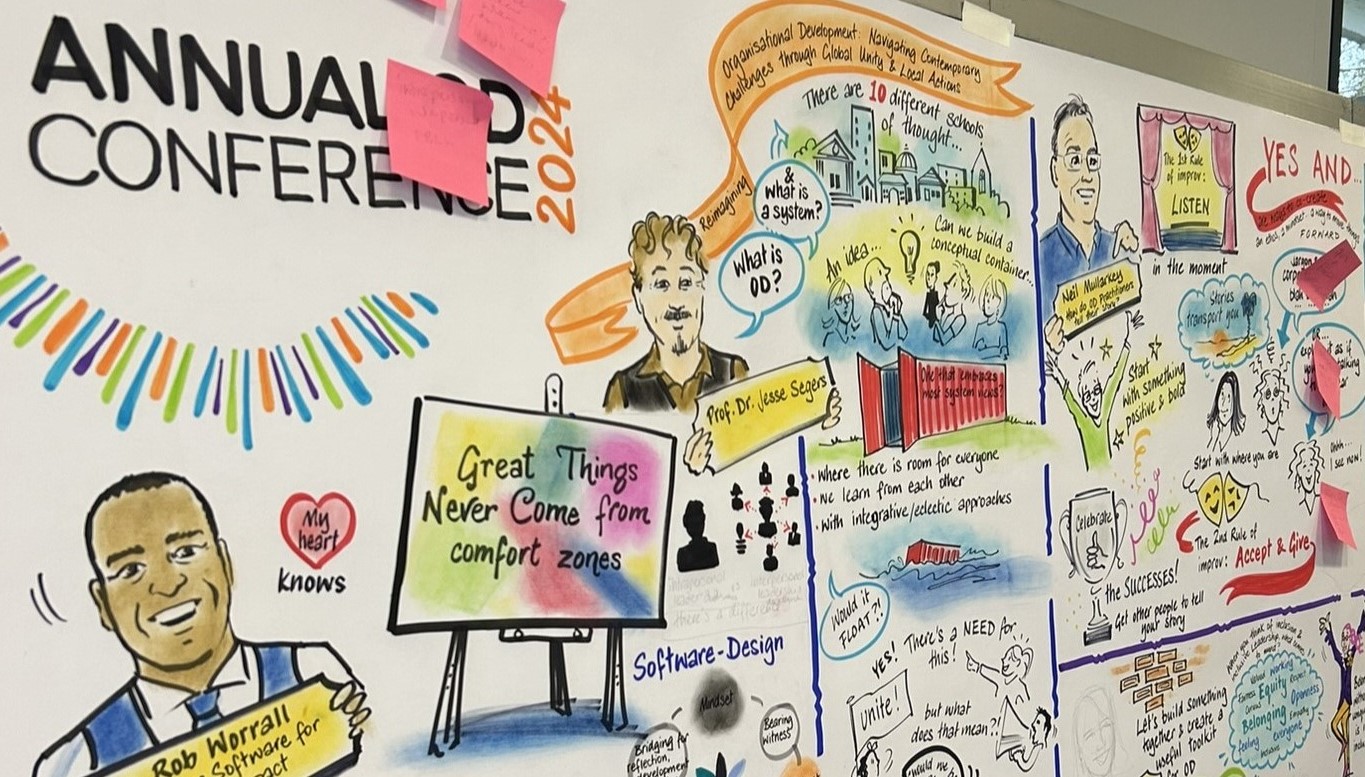A systems thinking definition
In a recent article for HR Magazine Paul Walley gave a useful definition of systemic thinking as:
“an approach to problem-solving that sees complex entities as a series of components with each part interacting with and influencing the rest. The approach can be applied to managing organisations: the various divisions, units and teams – the components – of a large organisation are seen to continually interact with and affect each other. In effect, they behave collectively as a system”
So why is this important for organisations and HR?
In a nutshell, the world has changed and will continue to change at pace. Our research discovered a polarised labour market and society of “haves and have nots”, creating a workplace that has:
- Two-tier workforces which have a combination of scarce well-paid talent and insecure low-pay, low skills roles
- Increased workplace diversity in terms of age, culture and gender
- Highly competitive labour markets which favours employees in the highly skilled, scarce talent category
- New ways of organising which mean that the traditional 9 to 5 routine is diminishing and a growing proportion of the workforce working flexibility and collaboratively.
- The end of the “job for life” as employees concentrate on the development of careers, or multiple careers, built with multiple jobs and organisations – sometimes simultaneously – boosting skills, experience and networks along the way.
HR is uniquely placed in organisations to transform their purpose, to shift from an internal to external focus to a more agile approach.
What is organisational agility?
In her recent book, The Agile Organisation, Roffey Park Fellow Linda Holbeche describes organisational agility as those organisations who are better able to thrive in complex environments because they are able to spot business opportunities and threats and act to implement change quickly. But this isn’t just about creating new products and services, agile organisations respond with new business models and innovate ways to create value for an organisation.
She defines business agility as a set of capabilities that can help organisations to rapidly adapt to changing circumstances. These capabilities include the ability to:
- adapt
- manage change
- move at speed
- innovate
However, this is so much more than changing systems, structures and processes. Agile organisations are those that win the hearts and minds of their people, place them centre stage and focus on the cultures, behaviours, capabilities and skills that will make the difference.
Why systemic HR and why now?
Everything on the organisational horizon is facing HR with choices. Humans aren’t resources and organisations are complex, dynamic human systems, increasingly required to be agile in their relationship with their external environment, customers, stakeholders and workforce. The era of the ‘commodity management’ paradigm of HR is over; or at least it can no long credibly promise the success it once did.
The imperative for HR right now is agility and a systemic focus. This requires a re-imagining of HR’s value to the business; its role not only in relation to individuals but the whole system, internally and externally; a re-imagine of its co-ordination of a range of contractual arrangements; of careers, reward, recruitment, retention and diverse generational expectations.
The future of HR is without question agile, systemic and already here. And for HR functions which have already re-imagined themselves, never has their contribution to organisational success been greater.
Contact us to explore further





